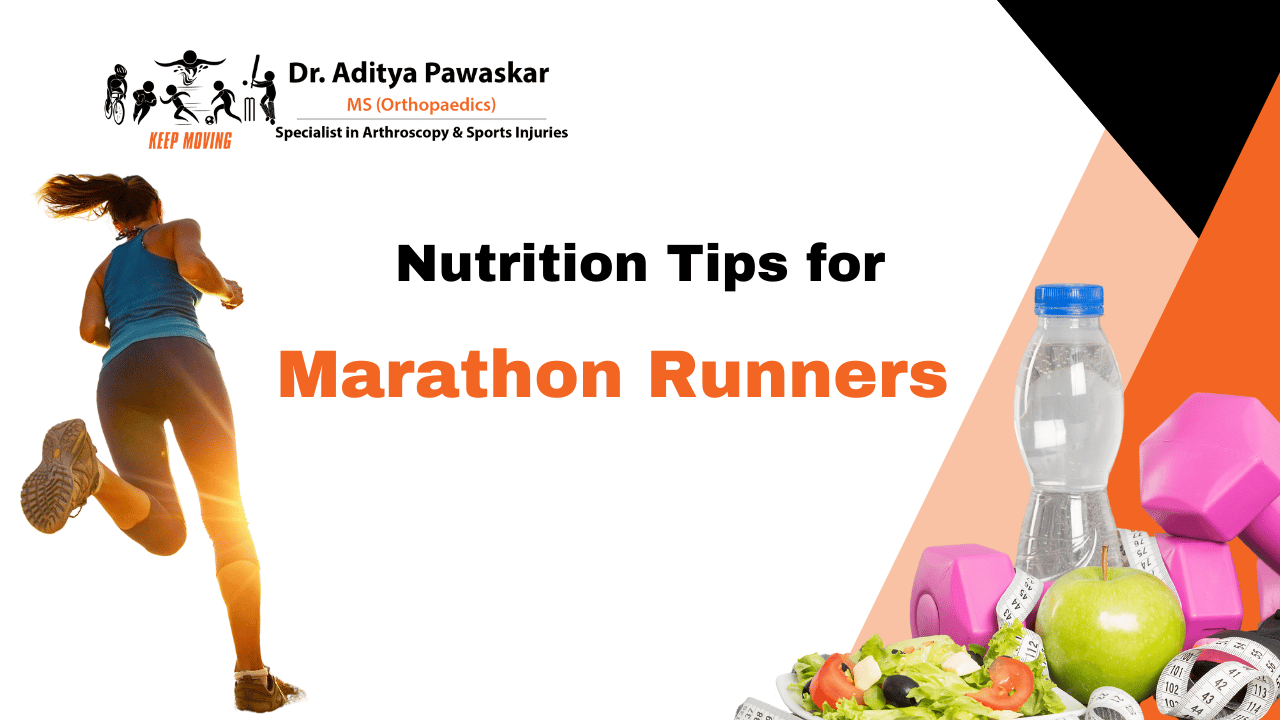
Introduction
Marathon running is a demanding and rewarding endeavour that requires not only physical training but also proper nutrition to fuel performance, support recovery, and enhance overall well-being.
Whether you're training for your first marathon or aiming to improve your performance in future races, understanding the importance of nutrition and implementing effective strategies can make a great difference in your success.
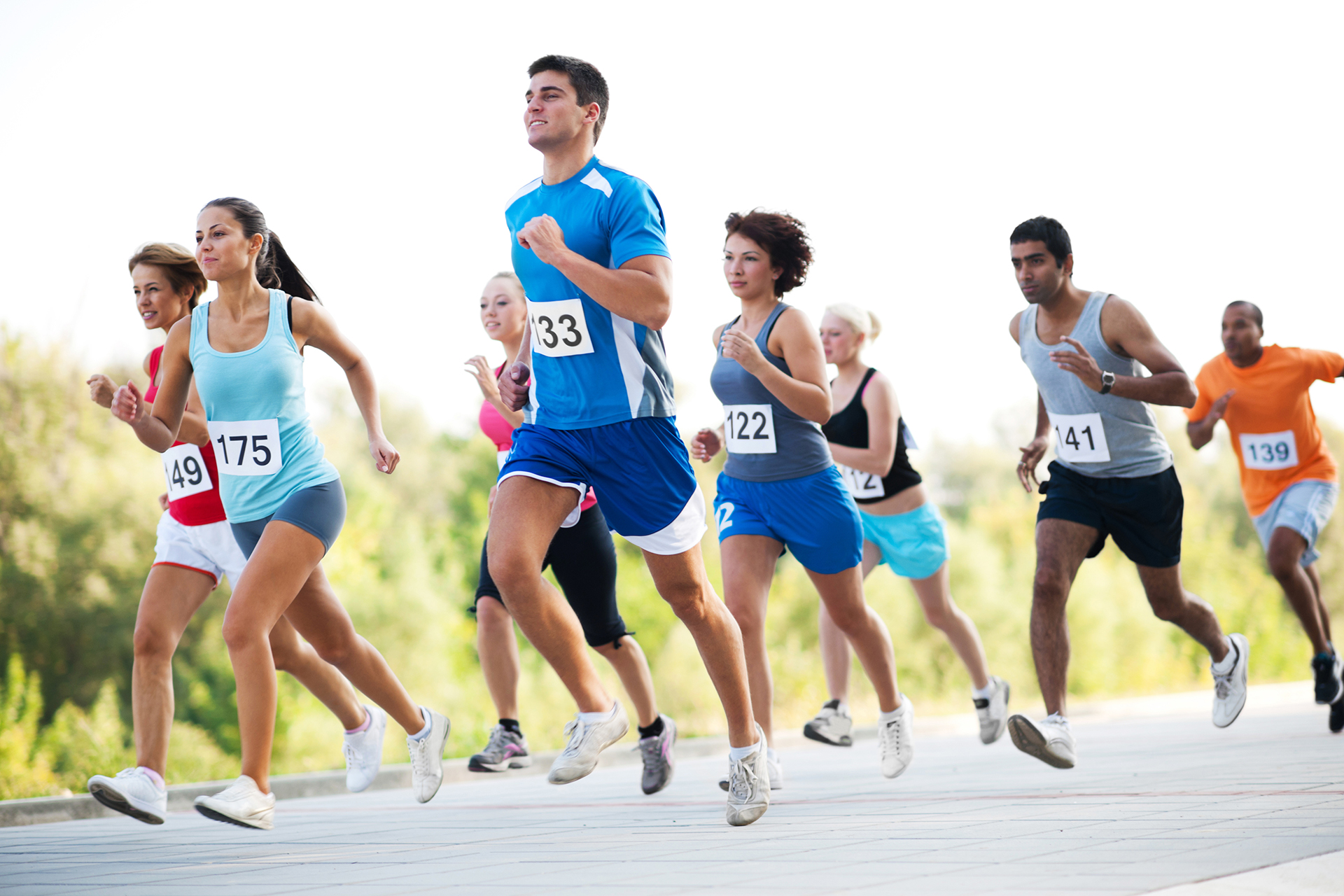
Let us explore essential nutrition tips for marathon runners to optimize training, race-day performance, and recovery.
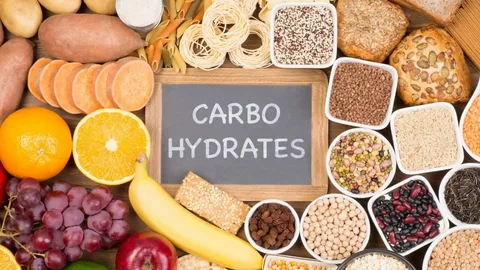
Prioritize Carbohydrates
- Aim to incorporate complex carbohydrates such as whole grains, fruits, vegetables, legumes, and starchy foods like sweet potatoes and quinoa.
- Carbohydrates provide the energy your muscles need to sustain long-distance running and delay fatigue.
Optimize Protein Intake
- Protein plays an important part in muscle repair, recovery, and adaptation, making it essential for marathon runners.
- Include sources of lean protein in your meal, such as poultry, fish, eggs, legumes, tofu, and dairy products.
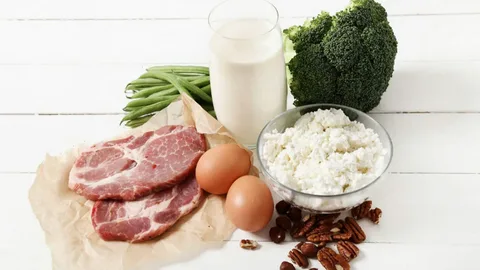
Hydrate Effectively
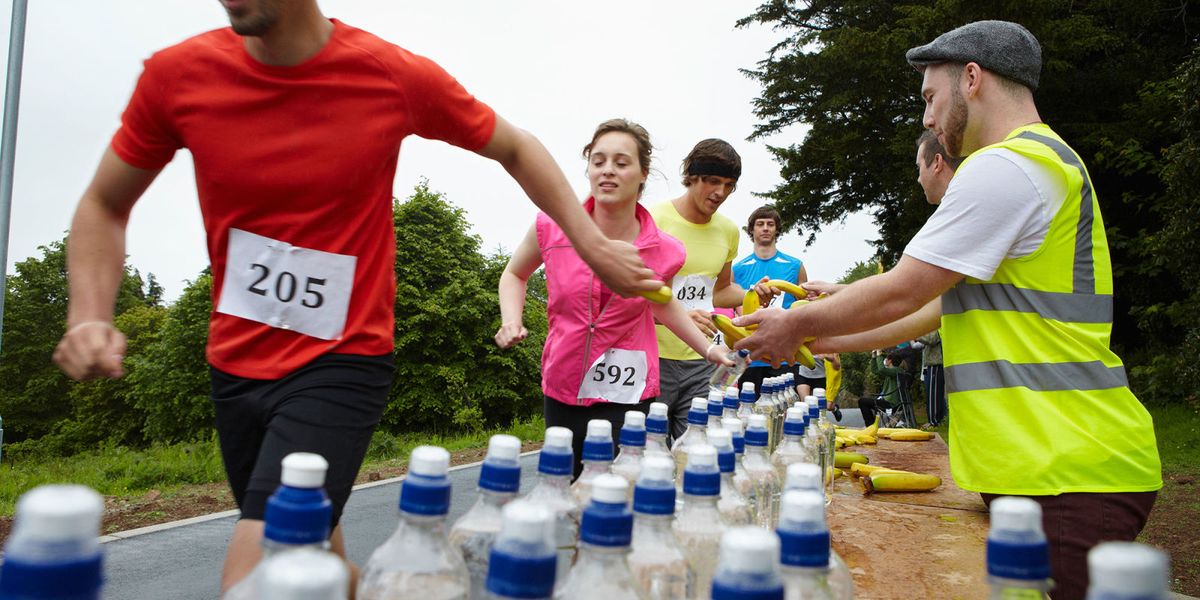
- Start each day with a glass of water and aim to drink consistently throughout the day to maintain hydration levels.
- During training runs and on race day, drink water or sports drinks to replace fluid losses and electrolytes.
Include Healthy Fats
- Include sources of healthy fats like avocados, olive oil, nuts, seeds, and fatty fish like salmon into your meals.
- These fats help maintain cell structure, support hormone production, and provide a source of long-lasting energy for endurance efforts.
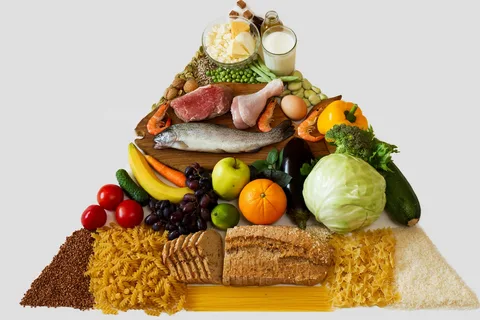
Plan Pre-Race and Post-Race Meals
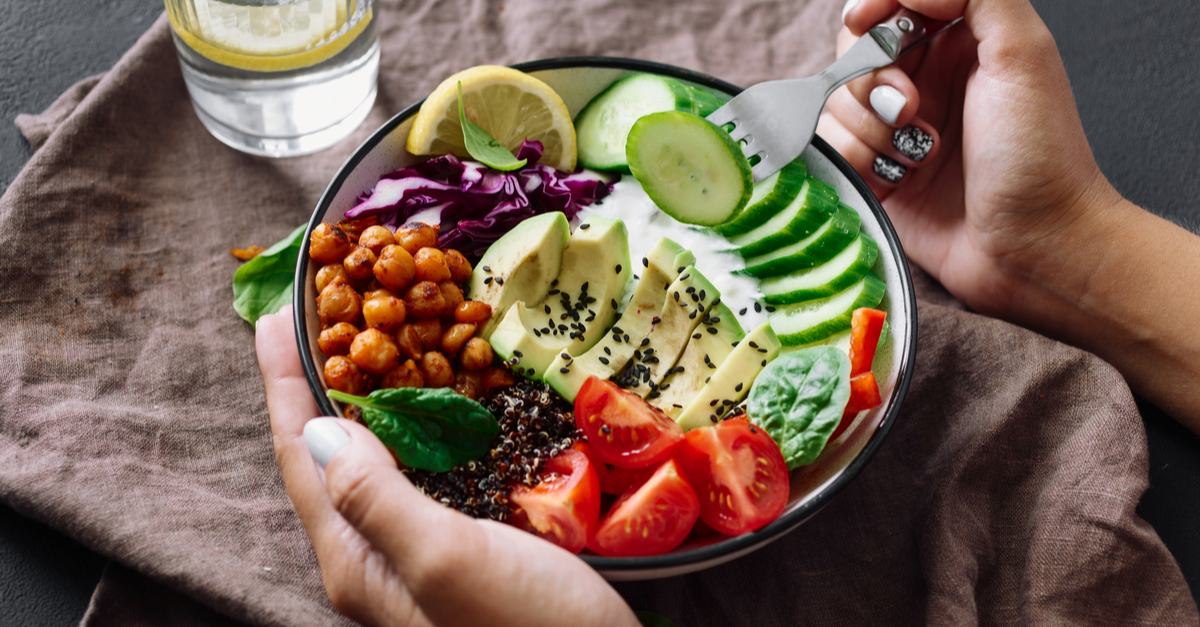
- Your pre-race meal is important for providing the energy and nutrients your body needs to perform its maximum.
- Try to eat a balanced meal 2-3 hours before the race.
- After the race, prioritize recovery by consuming a snack or meal rich in protein and complex carbohydrates to regain energy and support muscle repair.
Practice Race-Day Nutrition
- Experiment with different fueling strategies during long training runs to find what works best for you.
- Options include energy gels, sports drinks, bananas, energy bars, and even real food like pretzels or small sandwiches.
- Consume fluids and fuel regularly, following a schedule based on your estimated pace and race duration.
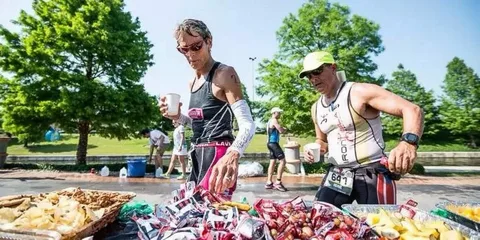
Listen to Your Body
- Pay attention to hunger, thirst, energy levels, and digestive comfort during training runs and races.
- Keep a food and training log to track what you eat, how you feel, and how it impacts your performance.
- Consult with a sports nutritionist for personalized guidance based on your goals, training load, and nutritional needs.

Conclusion:
By incorporating these nutrition tips into your marathon training and race-day routine, with guidance from Dr. Aditya Pawaskar, a renownedsports medicine specialist in Mumbai, you can optimize performance, support recovery, and fuel success as a marathon runner. Remember that nutrition plays a crucial role in overall health and athletic performance, so prioritize balanced eating habits, hydration, and fueling strategies to reach your running goals.

The Best Sports Injury Specialist In Mumbai
- Dr. Aditya Pawaskar is one of the best Arthroscopic Surgeon & Sports Medicine Doctor in Mumbai for treating ailments related to Arthroscopy & Sports Injury in Mumbai. Dr. Aditya Pawaskar provides high-class treatment and personalized care to patients.